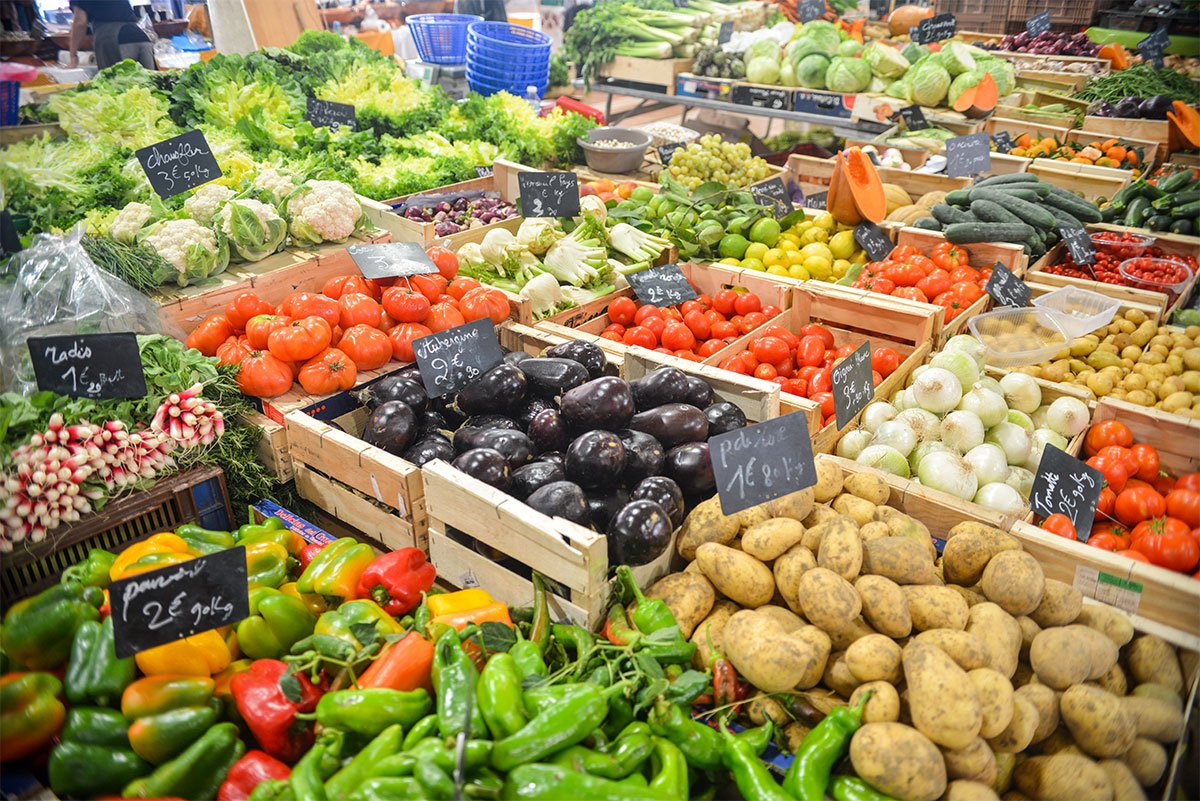Save the Children was one of the first aid agencies to reach Axum in Ethiopia’s Central Tigray region earlier this month, delivering critical food distributions to more than 4,300 people.
The child rights organisation distributed food, shelter and sanitation items to thousands of displaced children and their families – the first distributions in the location in over three months.
A large number of people displaced by the recent conflict in Tigray have fled to Axum, with over 6,000 displaced people currently seeking shelter in overcrowded schools, makeshift camps, or in the homes of local families.
Since arriving in Axum in early February, Save the Children has met families who have not eaten for days, and who cannot access vital health services, as there are extremely limited medical supplies in hospitals. Save the Children has reached over 1,063 families, or 4,368 people, with essential food aid and other supplies, but the area is in desperate need of more support.
Health staff have spoken to new mothers and found many who have had to opt for non-assisted home deliveries as they could not access medical services due to the conflict and curfew. This has resulted in multiple cases of obstructed labour, ruptured uteri, severe bleeding and other complications that are highly dangerous for mothers and babies, resulting in maternal deaths or permanent disabilities for the child.
Many new mothers have told Save the Children staff at food distribution sites that they are struggling to breastfeed, as they do not have sufficient food to produce enough breast milk for their babies.
Terhas*, 22, and her baby Mulu*, four months old, received a food basket from Save the Children in February. Mulu was just one month old when Terhas fled violence in North West Tigray, walking two days on foot and then taking a tractor to find safety with a host family in Axum. “I am not producing enough milk as I do not receive enough food. Most days I only eat one meal per day. There is not enough food for people living here. We do not have the money to buy food so most of the time I have to beg the local community to give me food to eat. Many other women like me have to beg for food every day just to be able to feed their children,” said Terhas.
While Save the Children is now responding in Axum, the agency still only has limited access to the thousands of people displaced by the conflict. Furthermore, while convoys of humanitarian aid have increasingly been allowed into the region, the critical staff needed to distribute and monitor distributions face access challenges.
Ekin Ogutogullari, Save the Children’s Country Director in Ethiopia, said: “The arrival into Axum with food aid couldn’t have come a moment later. Children and families are in desperate need of the most basic support – food, shelter, medicines. At this point, there simply is not enough aid. It is critical that more aid agencies have access to ensure more supplies can reach the neediest.”
“The humanitarian situation in Tigray is critical with hundreds of thousands of people still not having received assistance in more than three and a half months. Before the conflict, there were already some 600,000 people in Tigray facing food insecurity, drought and the worst desert locust infestation in 25 years, which diminished food production and increased incidence of malnutrition. The conflict has made things much worse. Without access and additional resources, no scale-up of protection and other services can take place to reach those desperately in need.”
Save the Children’s distributions in Axum form part of the agency’s humanitarian response to the conflict in Tigray, which since January 2021 has reached 6,584 people, including 3,632 children. Save the Children’s response spans across the central and eastern parts of Tigray, Northern Amhara, and the Afar/Tigray border region, as well as in Sudan where the agency is supporting refugees displaced by the conflict.
There are 1.3 million people across the region who are in need of humanitarian assistance, in addition to 950,000 people in need of aid before the conflict in Tigray. Approximately 500,000[3] people displaced across the region are in urgent need of essential aid supplies. Save the Children calls on the Government of Ethiopia to ensure aid support is ramped up, as well as the continuity of social services already in place, to ensure children and their families have enough food to eat, secure housing, and have access to essential medical services including psychosocial support.








